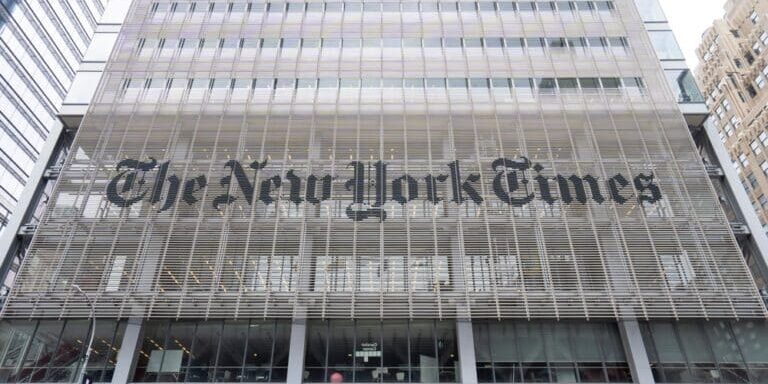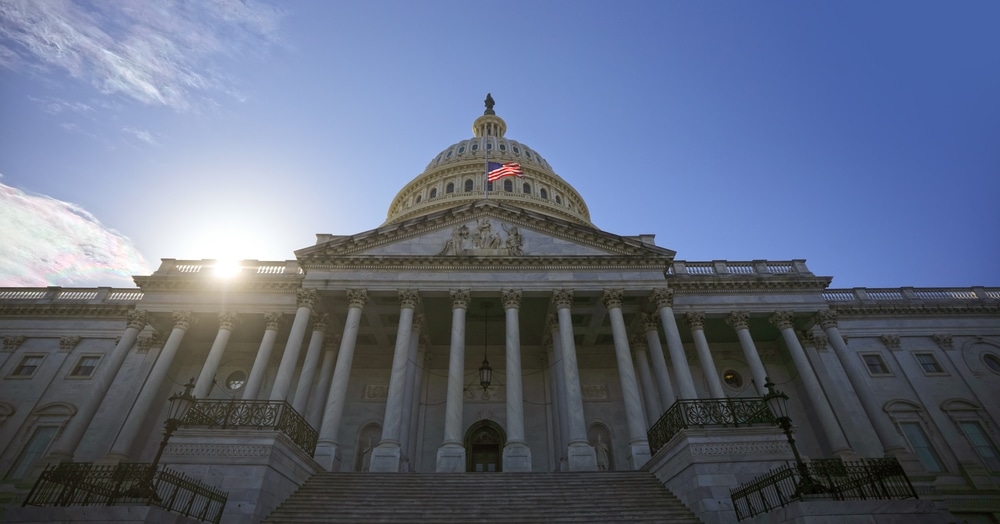
New York Times Breaks Its Own Rules by Telling the Truth—Then Scrambles to Apologize
A Rare Outbreak of Journalism—and Instant Backpedaling
This week, the New York Times stumbled into doing its actual job—reporting verifiable facts—and promptly set off a meltdown among its own readers and staff. In a rare outbreak of journalism, the Times revealed that Democratic mayoral candidate Zohran Mamdani lied on his Columbia University application by claiming to be Black.
For an audience groomed to worship identity politics, this disclosure was tantamount to sacrilege. And rather than standing by the truth, the Times decided it needed to grovel. The paper published a humiliating statement from Patrick Healy, its assistant managing editor for Standards and Trust, to reassure traumatized readers that the story was somehow justifiable.
Healy’s explanation was as pathetic as it was revealing: “When we hear anything of news value, we try to confirm it through direct sources.” In other words, they committed the unthinkable crime of fact-checking a favored candidate—and confirming he had misrepresented his racial background.
A Confession That Should Have Ended the Debate
Mamdani himself admitted as much. In an interview, he confessed he did not actually consider himself Black or African American. He insisted his application answers were simply an effort to “represent his complex background,” not to leverage Columbia’s race-conscious affirmative action program. (In the end, Columbia didn’t accept him.)
The reaction was pure hysteria. Times columnist Jamelle Bouie lashed out on BlueSky, calling the reporter who broke the story “a guy with little to no actual brain activity.” When public backlash erupted, Bouie deleted the post—only to claim he had violated the Times’ social media standards. No apology for the ad hominem attack, of course.
The Progressive Media Bubble and the Culture of Manufactured Outrage
This meltdown underscores how many on the left are conditioned to expect their worldview to be hermetically sealed from inconvenient facts. Whether it’s MSNBC spoon-feeding them curated narratives or Twitter clones like BlueSky serving as ideological panic rooms, the modern progressive information diet is an echo chamber. Once an opposing fact pierces that bubble, rage and demands for censorship follow.
And make no mistake: advocacy journalism has become the norm. As former Times reporter Nikole Hannah-Jones proudly declared, “All journalism is activism.” Her view is no fringe position—it’s now the guiding principle in most major newsrooms. If you’re wondering why neutrality and objectivity have vanished, it’s because the industry no longer believes in them.
Advocacy Journalism and the Weaponization of Censorship
Some pundits, including Keith Olbermann, were so incensed they called for the entire editorial staff to resign. The underlying message is clear: if you dare reveal an unflattering truth about a progressive candidate, you’re a traitor to the cause.
What’s more troubling is the suggestion that the Times only ran the story because Mamdani’s anti-Israel views divided the liberal establishment. If that’s true, it means the only reason we heard about his deceit was because he offended the wrong faction. This should chill anyone who still believes the press exists to hold the powerful accountable.
Why You Can’t Rely on Corporate Media to Guard Your Interests
For those of us who value independent thought and objective reporting, this episode is another reason to stop relying on corporate media to protect your interests or inform your decisions. The same institutions that bury facts for political expedience are also the ones cheerleading for central bank interventions, government surveillance, and digital currency schemes that can lock down your finances at the push of a button.
If you want to insulate yourself from these corrupt systems—financial and informational—I strongly recommend you start with Bill Brocius’ free guide, 7 Steps to Protect Your Account from Bank Failure. It’s the same strategy I follow to keep my wealth out of the reach of bureaucrats and the same advice I give my closest friends.
And if you’re ready to go deeper, subscribe to Bill’s Inner Circle newsletter for just $19.95. It’s your front-row seat to unfiltered financial intelligence you won’t find in the New York Times—or anywhere else committed to preserving the narrative at all costs.












